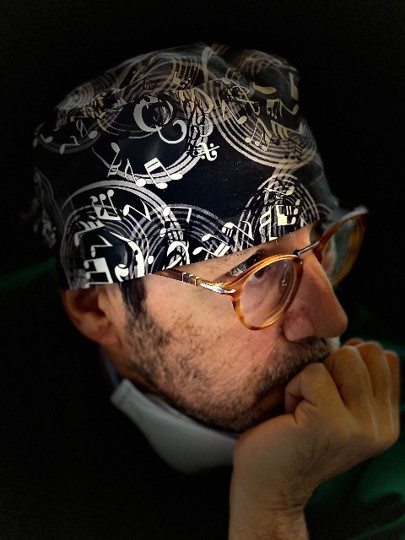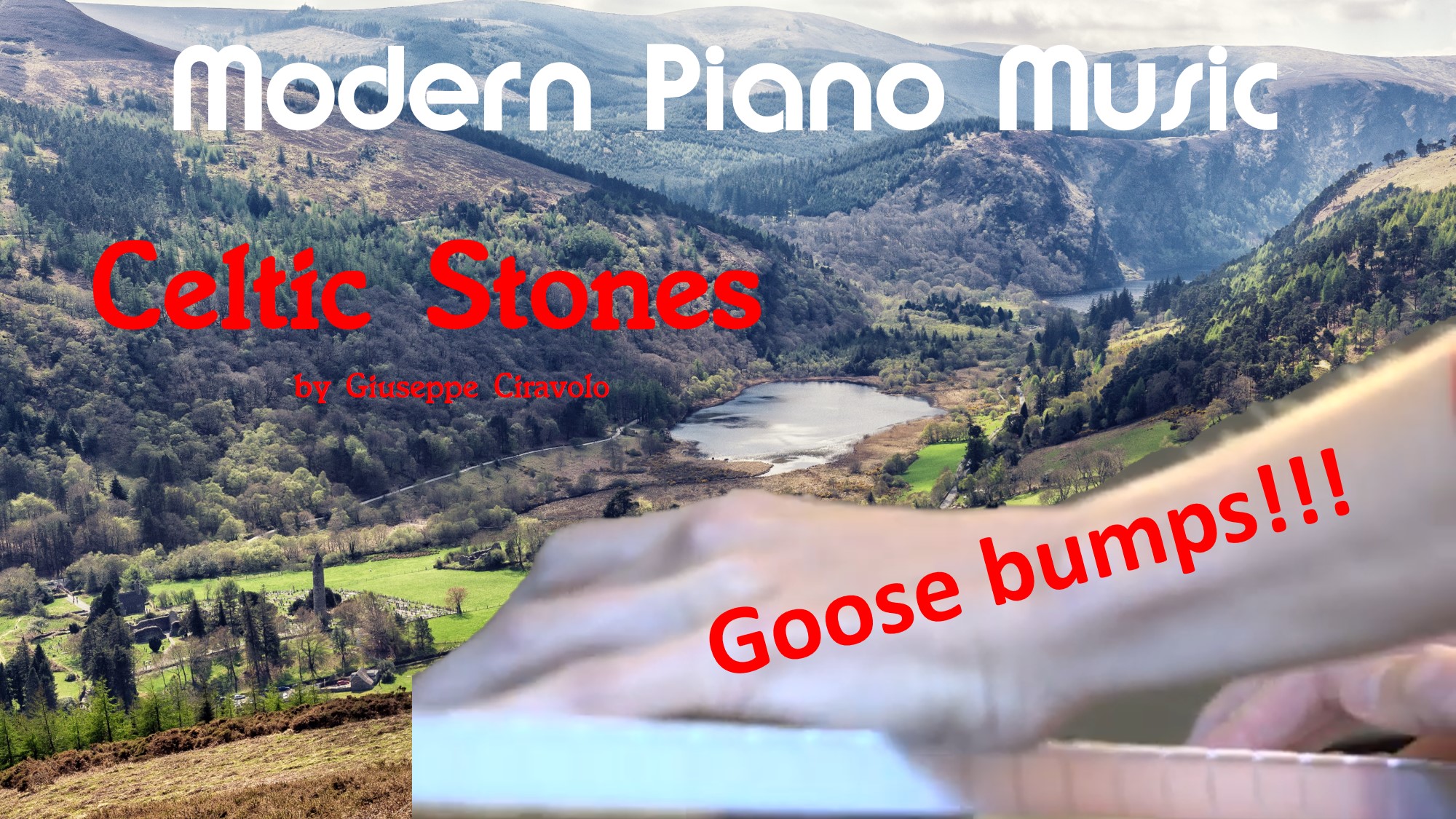About
About me… I was born in Milan in 1960 and I am not a pianist. I play for pleasure and compose for passion. I studied piano at the conservatory (as a privatist) but I never graduated. I'm just a lover of beautiful music. Classic and not. Nothing else. So, although I am very flattered to be counted among all these talented professionals, I must confess that, especially when browsing through some resumes, I feel a little uncomfortable. A fish out of water ... I hope that, aware of what I have explained above, you will forgive me for some compositional simplism. A little for this passion of mine (I collaborated for many years with a foundation that organizes concerts and currently with the conservatory of my city) and a little for my work, I was lucky enough to meet many well-known musicians who, despite being very different from each other, they have always fascinated me for their talent and amazed (my profession requires pragmatism) for their ability to exercise lateral thinking. I've always envied them. I envy you. Now, considering that I have no important musical studies nor, of course, any significant performances to report to you and given that the path of my professional life, having no adherence with the purpose of these pages, does not deserve to be mentioned here, I have nothing else left. than greet you, thank you for the attention you have dedicated to me so far and, thanks to Anna's kindness, wish you a good listening. “Music belongs to everyone. Only the publishers believe it belongs to them. " John Lennon

